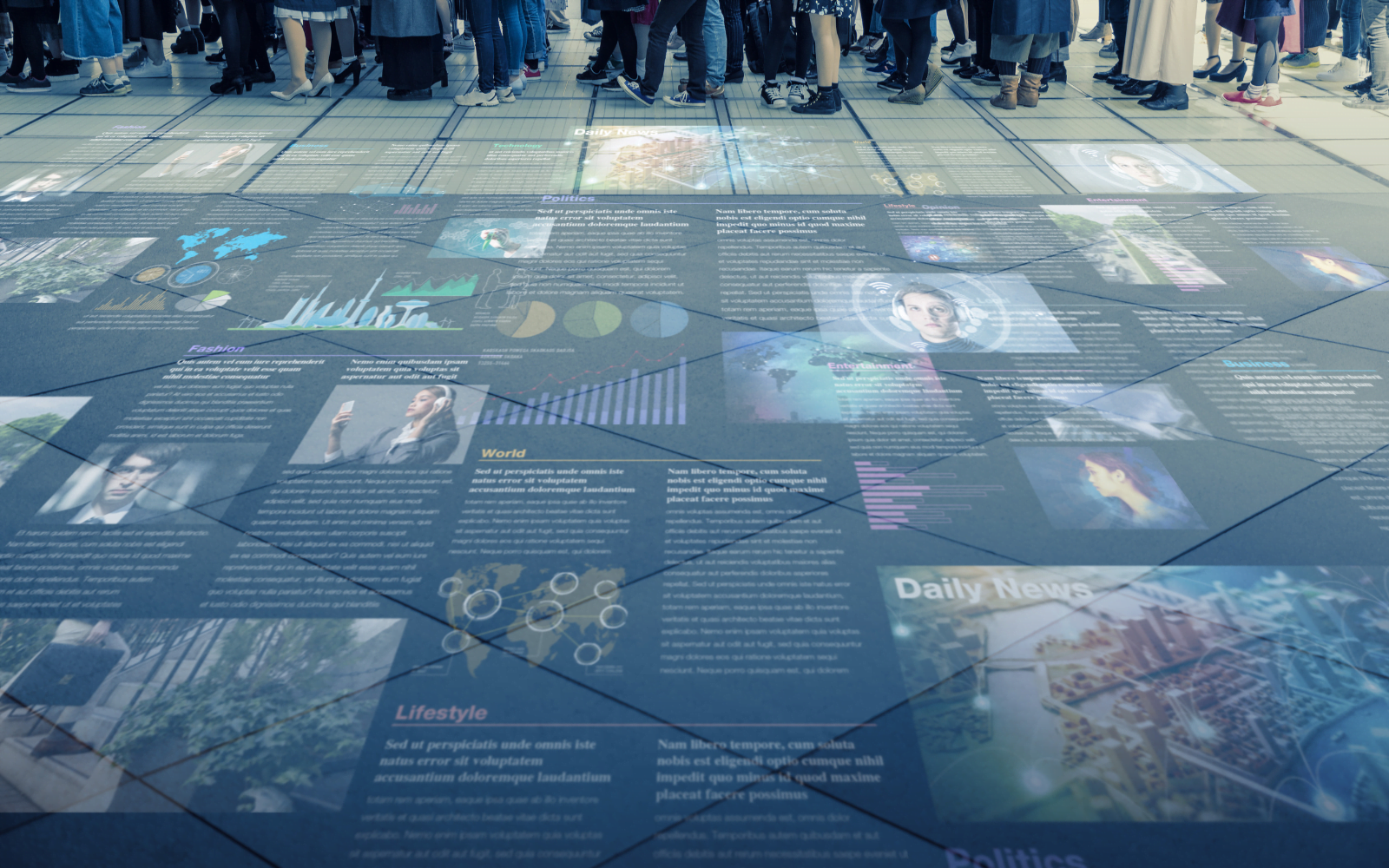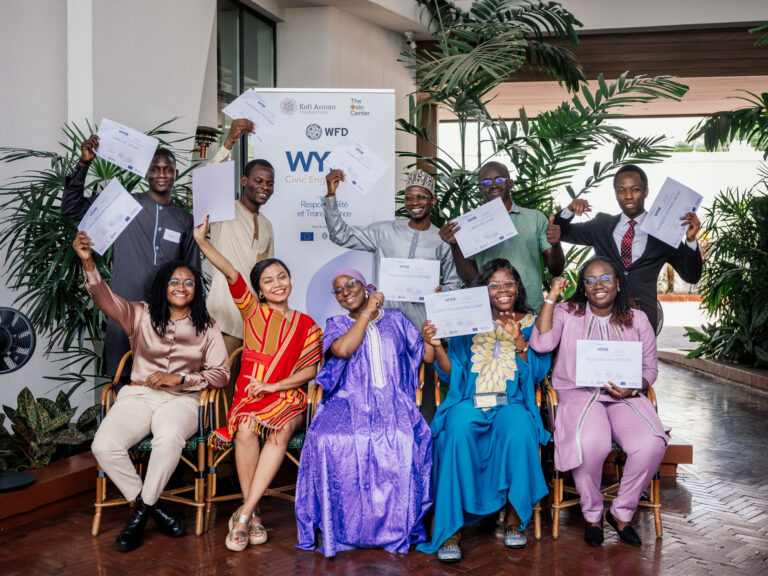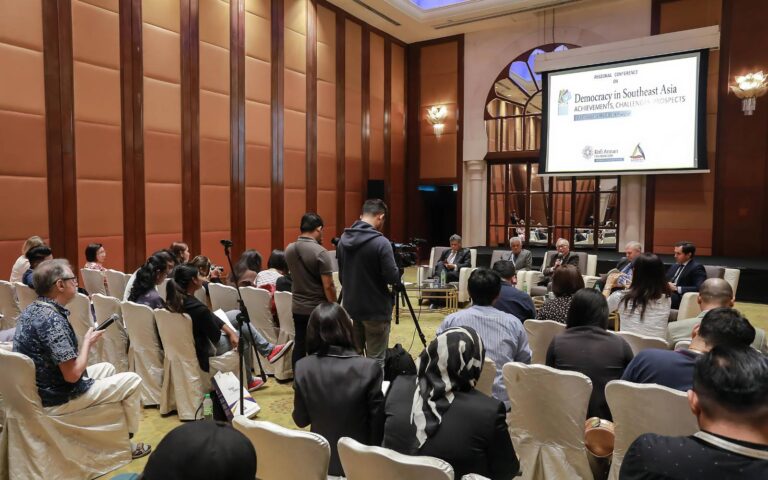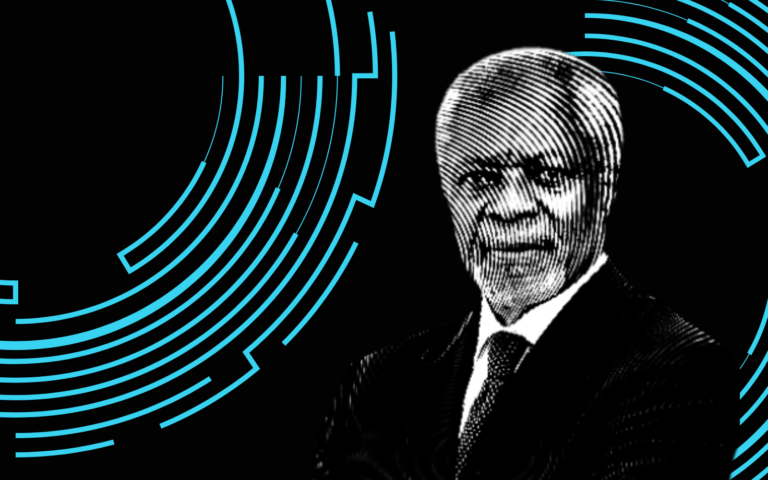The Kofi Annan Commission on Elections and Democracy in the Digital Age (KACCEDA) was founded by Kofi Annan. The commission brings together experts to study the impact of new technologies on elections and proposes recommendations to strengthen election integrity and empower voters.
Learn more about KACEDDA, watch this video ⬎
The Challenge
In a staggeringly short period, digital technologies and social media platforms have profoundly altered democratic processes and the electoral environment.
While these developments have unequalled potential to engage, empower and educate voters, and to strengthen the integrity of elections, they also create new challenges and risks for fundamental democratic processes and citizen’s political rights.
The internet has facilitated offensive and abusive discussion while allowing users to remain anonymous. This is particularly problematic around elections, where online hate speech can drive violence in the real world.
One of our suggestions to counter hate speech is for social media platforms to develop early warning systems for election-related hate crimes, threats to women, or calls to violence.
High levels of disinformation around an election prevent voters from making informed decisions and create distrust in media and in democratic institutions.
We call on social media companies to come together and create strategies for detecting and limiting the reach of weaponized disinformation and hate speech, as they have done to address terrorism and child exploitation.
The internet has revolutionised how candidates can reach voters with huge benefits for democracy and democratic values. But malicious actors can also push polarizing and misleading messages, with potentially devastating results. Our full report calls on governments to take responsibility for defining what should and should not be considered a political advertisement, and we call on platforms to give users the option to opt-out or opt-in to political advertising.
One of the most fundamental challenges to democracies is to protect elections from foreign interference and ensure that it is the voters, and not outside actors, who determine the winner. To protect elections from interference, we call on democratic governments to establish an international convention regarding the role of foreign governments and their agents in other countries’ elections.
Objectives of the Commission
- To identify and frame the challenges to electoral integrity arising from the global spread of digital technologies and social media platforms;
- To develop policy measures that address these challenges and which also highlight the opportunities that technological innovation offers for strengthening electoral integrity and political participation;
- To define and articulate a programme of advocacy to ensure that the key messages emerging from the Commission are widely diffused and debated around the world
Learn more about key findings and recommendations from the Commission in our report ⬎

Key Findings
- Democracies in the Global South are the most vulnerable to digital threats;
- The rise of the transnational business of election influencing poses risks to democracy if it is not regulated;
- Countries with pre-existing polarization, a history of violence, and highly partisan media are particularly vulnerable to the weaponization of social media;
- Current debate on the impact of digital platforms is informed by claims based on inconclusive evidence and competing or incomplete data.
Key Recommendations
- Governments should establish an international convention regulating cross-border engagement to distinguish legitimate electoral assistance from illicit or unlawful interventions;
- Countries must adapt their political advertising regulations to the online environment. In particular, the definition of political advertising should be a matter of law, defined by governments;
- Industry, governments, and civil society actors concerned about the integrity of elections should create a global code of conduct defining the role of political consultancies and vendors of election equipment;
- Social media platforms should create a coalition to address digital threats to democracy, as they have done collaboratively to address terrorism or child exploitation.

“Technology does not stand still; neither can democracy.”
Kofi Annan
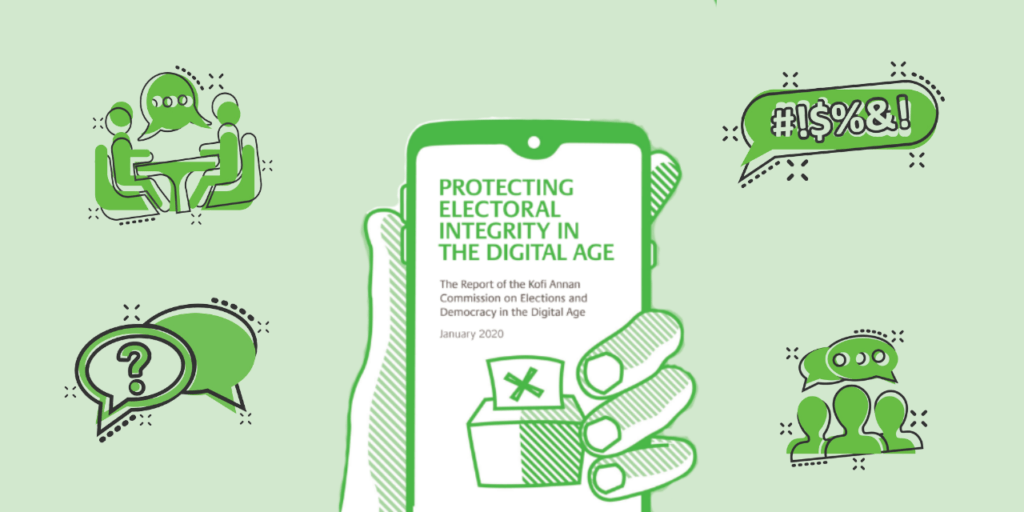
About the Commission
The Kofi Annan Foundation and its partners provided a series of actions to ensure that new technologies, social media platforms and communications tools can realise citizens’ aspirations for democratic governance. Following a year of research and consultations, the Commission issued its final report in late 2019, exploring the impact of technology on elections and offering recommendations to strengthen election integrity and empower voters in the digital age.
“In this digital age, new technologies and social media platforms are profoundly changing democracies – and democratic processes – all over the world. While these provide unequalled potential to deliver citizen’s hopes for democratic governance, they also create new challenges and risks for democratic processes and political rights.
Along with the team at Stanford and the Kofi Annan Foundation, my fellow Commissioners and I are determined to honour Mr. Annan’s legacy and ensure this Commission plays a leading role in defending and strengthening the electoral processes that are at the heart of democracy.”
Laura Chinchilla,
Chair of KACCEDA
At a glance
The Kofi Annan Commission on Elections and Democracy in the Digital Age
12
Senior figures from the public and private sectors and civil society, with high-level
experience in government, the technology sector, academia and the media gathered to explore the opportunities and challenges to electoral integrity created by technological innovations.
Recommendations were published on how new technologies, social media platforms and communication tools can be harnessed to engage, empower and educate voters, and to strengthen the integrity of elections.
13
4
Critical challenges identified and framed to electoral integrity arising from
the global spread of digital technologies and social media platforms.
The recommendations ensure that new technologies, social media platforms and communications tools can be used to realize, not inhibit, citizen’s aspirations for democratic governance.
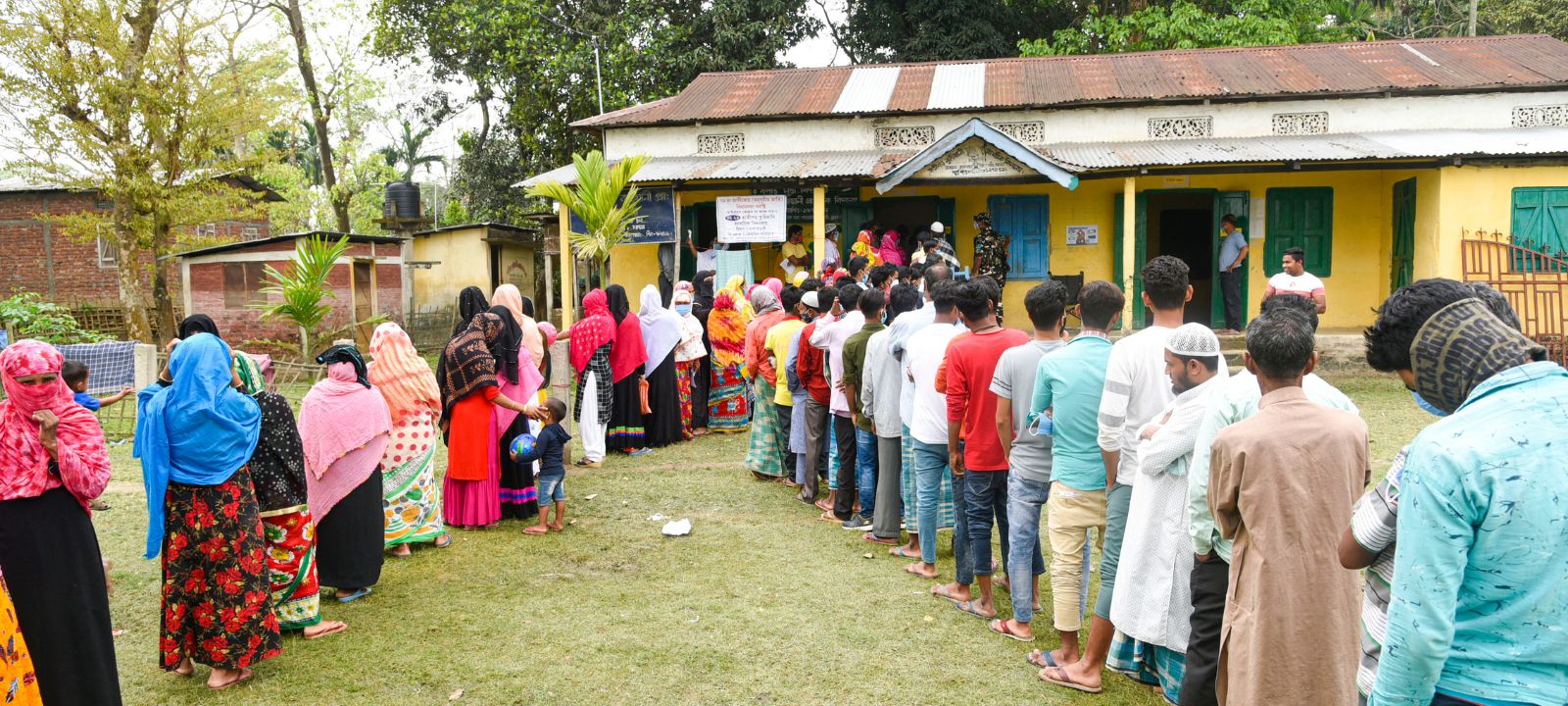
Do you want to help build a fairer, more peaceful world?
Support us with your philanthropic gifts and grants
Members
Kofi Annan Commission on Elections and Democracy in the Digital Age
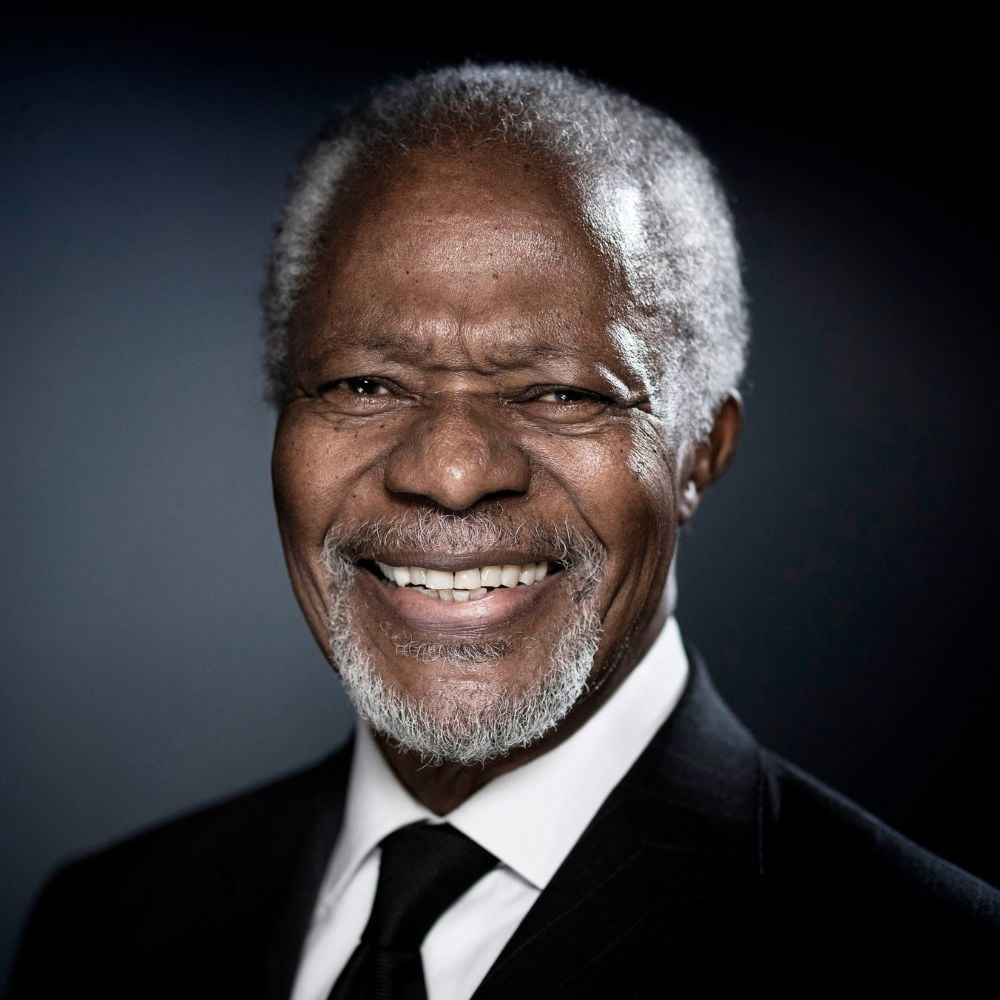
Kofi Annan ✝
Convening Chairman
Ghana
Nobel Peace Prize laureate, Secretary-General of the UN from 1997 to 2007, and Founding Chair of the Kofi Annan Foundation
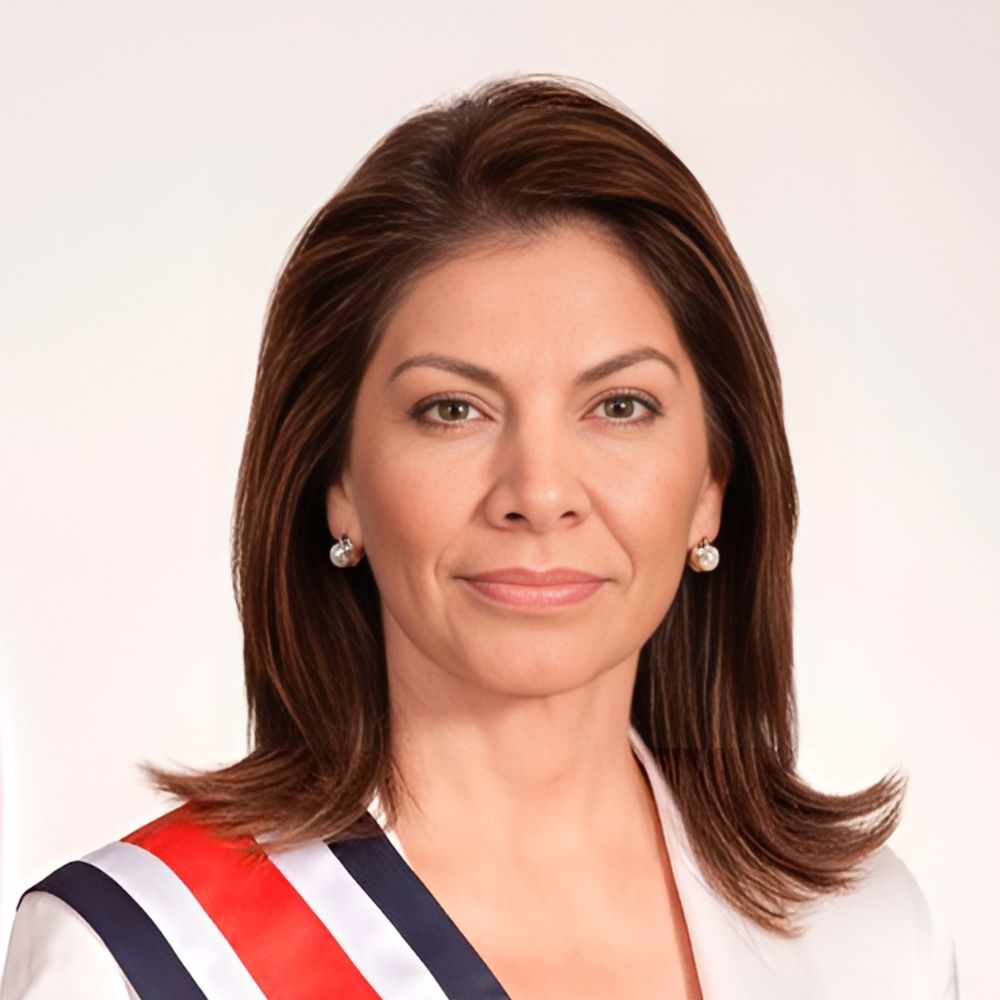
Laura Chinchilla
Chair
Costa Rica
Vice-President of the Club of Madrid, Former President of Costa Rica
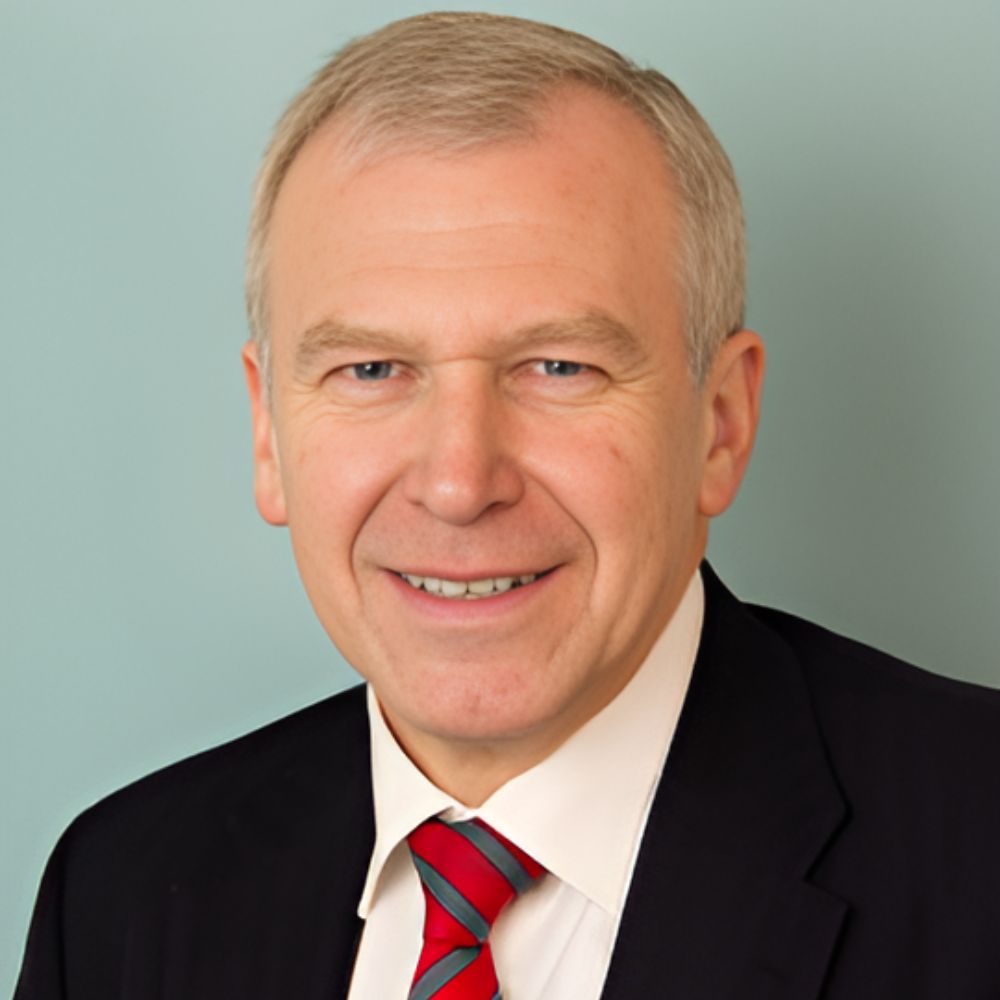
Yves Leterme
Vice-Chair
Belgium
Secretary-General of International IDEA, Former Prime Minister of Belgium

Stephen Stedman
Secretary-General of the Commission
United States
Senior Fellow at the Freeman Spogli Institute for International Studies
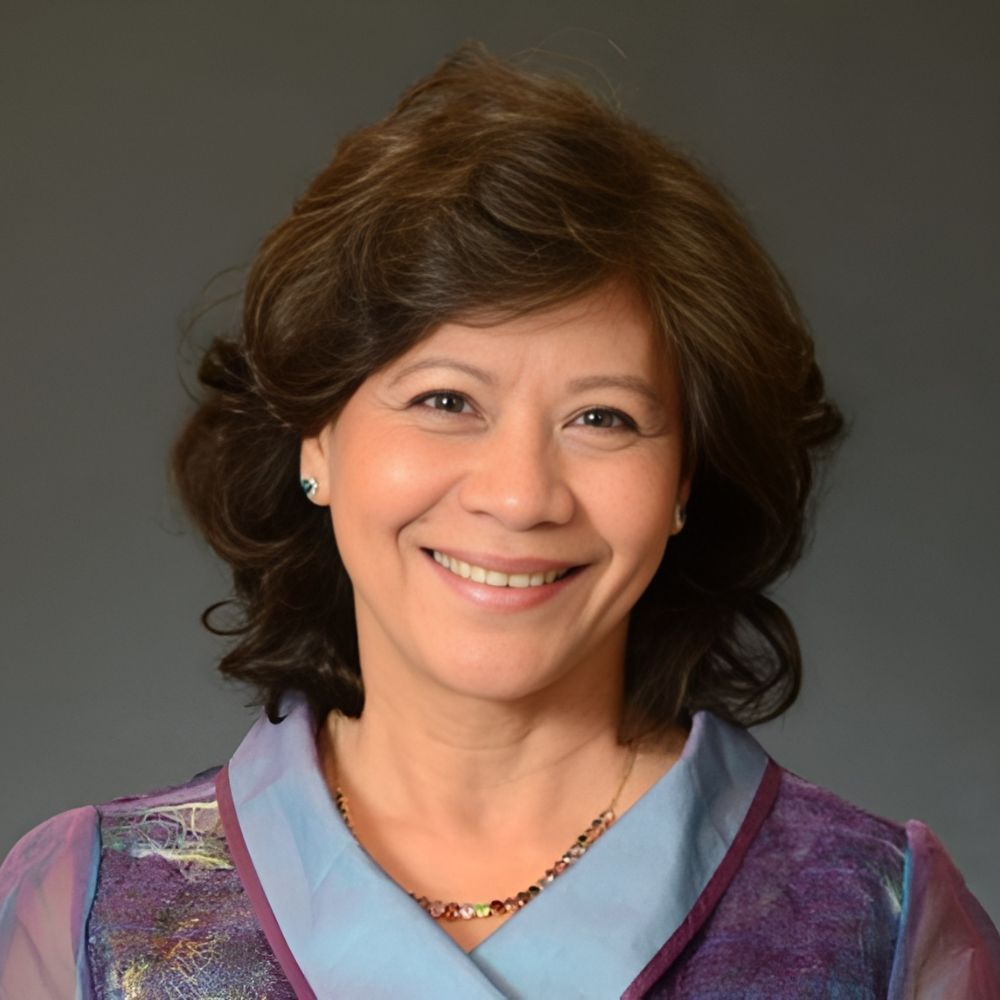
Noeleen Heyzer
Singapore
Former Executive Secretary of the United Nations Economic and Social Commission for Asia and the Pacific

Toomas Hendrik Ilves
Estonia
Distinguished Visiting Fellow, Hoover Institution, Former President of Estonia
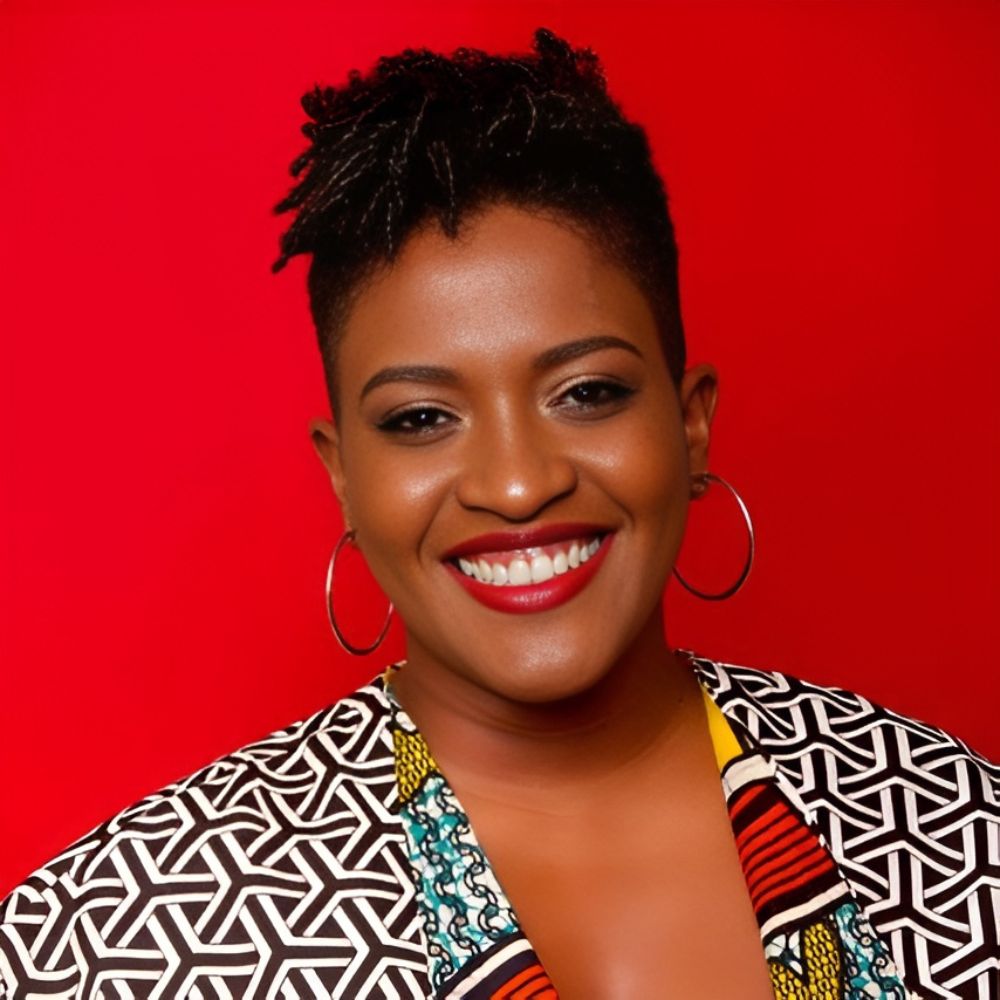
Ory Okolloh
Kenya
Director of Investments at Omidyar Network

Nate Persily
United States
James B. McClatchy Professor of Law at Stanford Law School
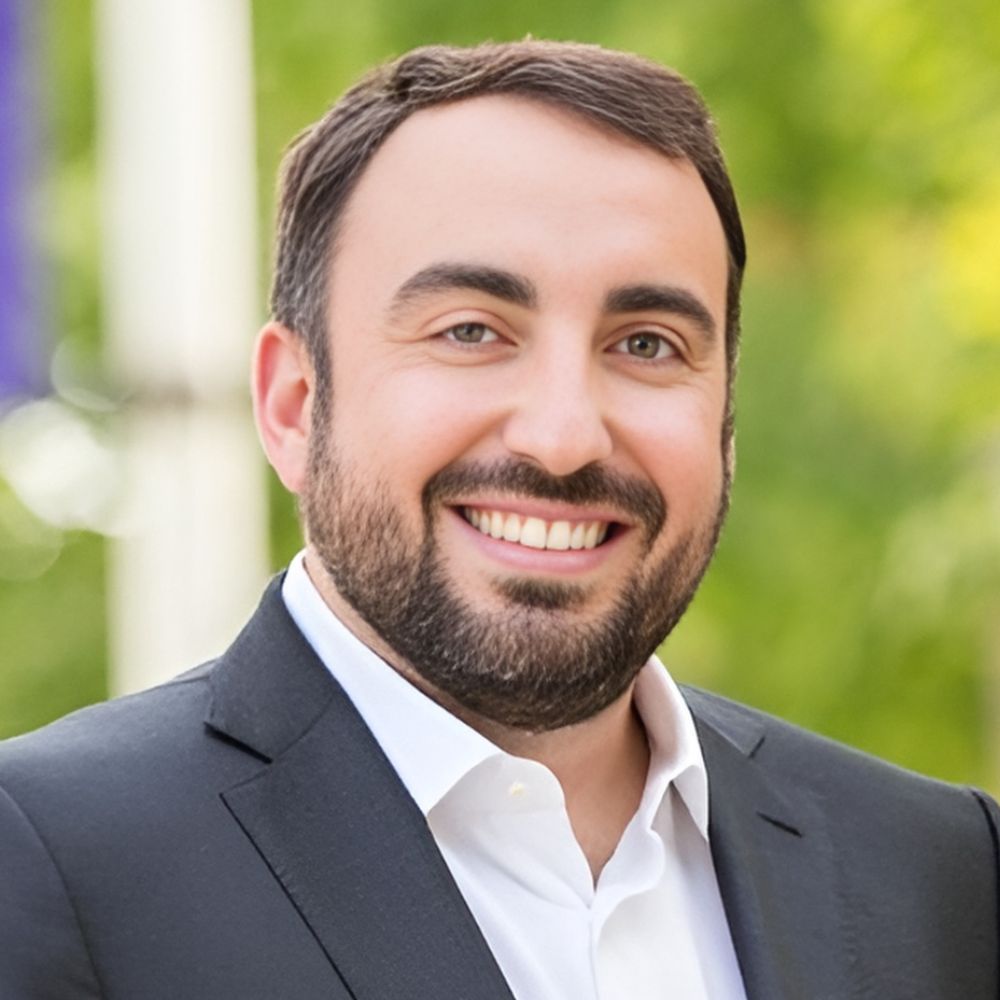
Alex Stamos
United States
Research Professor at Stanford University, Former Chief Security Officer at Facebook

William Sweeney
United States
President and CEO of the International Foundation for Election Systems (IFES)
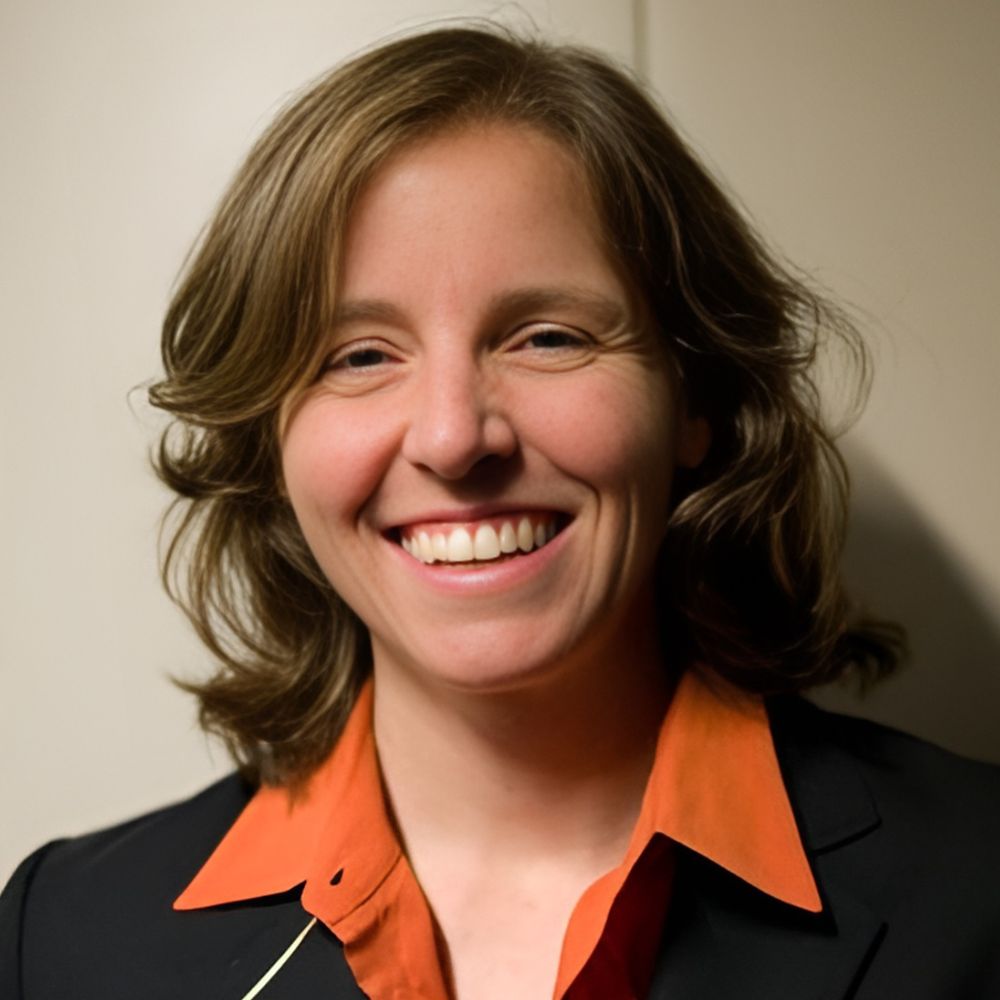
Megan Smith
United States
Founder and CEO at Shift7, Former United States Chief Technology Officer
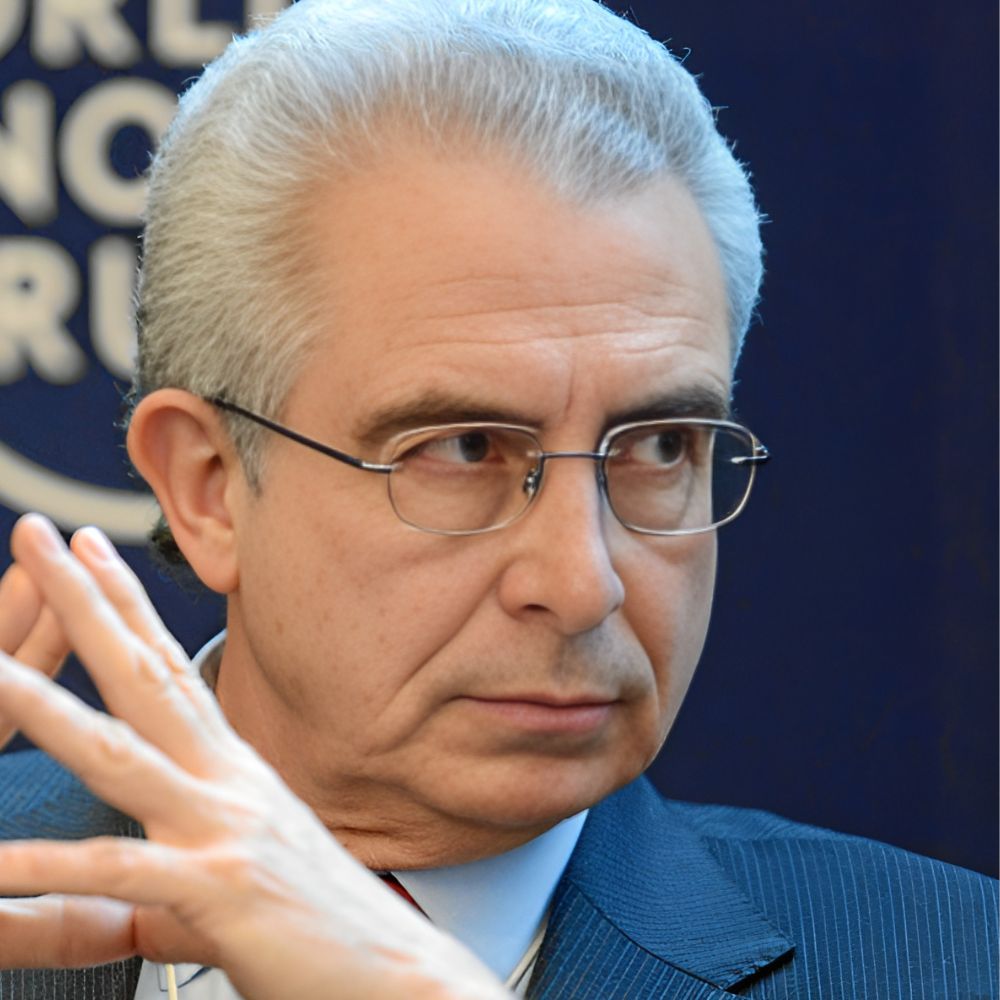
Ernesto Zedillo
Mexico
Director of the Yale Center for the Study of Globalization, Former President of Mexico
News
Elections and Democracy in the Digital Age
Publications + Media
Democracy, Multilateralism and Migration
In the sixth issue brief of our project on the intersection of multilateralism and democracy, we explore how migration governance and democratic principles are deeply intertwined. The Kofi Annan Foundation and Albert Hirschman Centre on Democracy have published the sixth issue brief from our joint project on how democratic principles and multilateral cooperation intersect across major global […]
Remaking of the Global Trade Order: The Search for a New Compass
On 2 October 2025, the Kofi Annan Foundation and the Graduate Institute’s Albert Hirschman Centre on Democracy, in partnership with the Centre for Trade and Economic Integration (CTEI), convened the fifth in a series of thematic roundtables exploring the intersections of democracy and multilateralism. The session was held as part of the Athens Democracy Forum, […]
Issue Brief | Democracy and Trade: The Search for a New Compass
The existing trade order is unravelling at a breathtaking pace. The World Trade Organization and the rule-based trade system that promoted economic integration and globalization for much of the last 80 years is under extreme pressure from trade wars and increasing geopolitical frictions. Yet, rising protectionism and isolationism are also symptoms of a broader public […]
Contact us
Partner with us for an ongoing or future project.
Follow us on Social Media
Head of Democracy and Multilateralism Programmes


